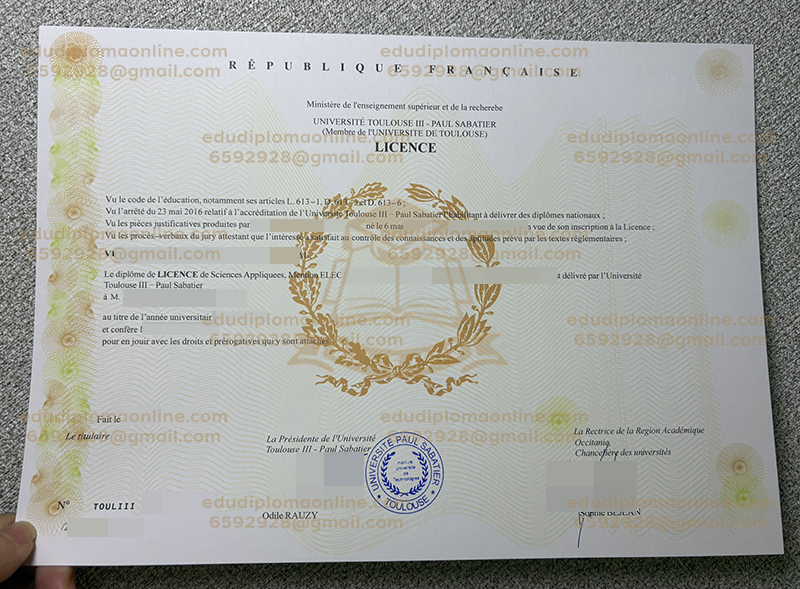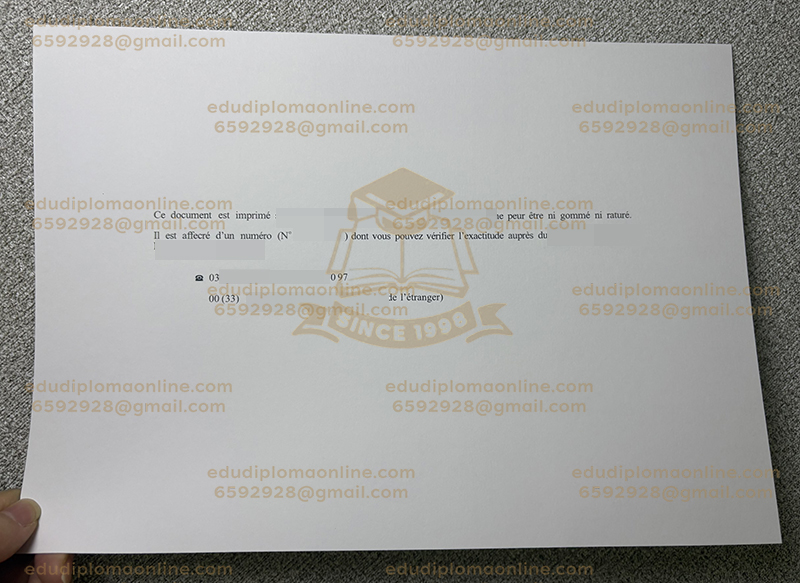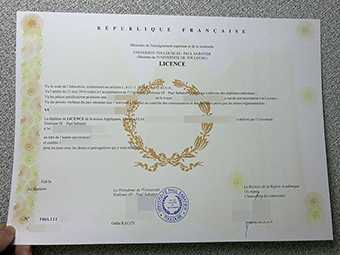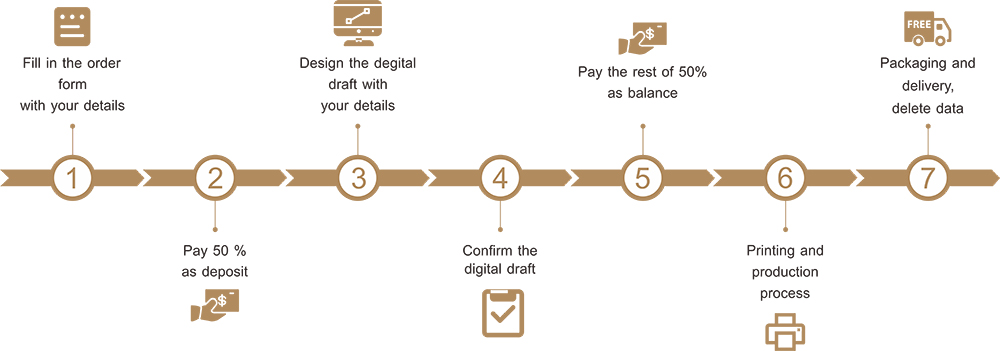
Université de Toulouse III – Paul Sabatier was founded in 1229, is one of the oldest universities in Europe. buy a Université de Toulouse III diploma, In 1969, when the University of Toulouse III was established, it adopted the name of Paul Sabatier, the winner of the 1912 Nobel Prize in Chemistry. The Paul Sabatier University – Toulouse III (UT3) is present throughout the Midi-Pyrénées region and offers a wide range of training courses in the fields of science, health, technology and sport. In terms of research, the University of Toulouse III participates in the research activities of the following academic axes: space, earth sciences, climate-computer information science, electronics-life sciences-water, process engineering, chemistry-materials, material physics, and aerospace technology.

Can I buy a fake Université de Toulouse III diploma in France?
The university has 31,987 students, 5,200 continuing education students and 1,500 administrative, technical and library staff. The university has 99 research teams, 86% of which are accredited with special qualifications. How to purchase Université de Toulouse III diploma? In terms of research and research practice training, the university has 9 doctoral graduate schools, with an average of 300 doctoral dissertations defended each year, 2,800 published articles reviewed by the editorial board, 2,900 conference academic papers, abstracts and lectures, and 50 academic conferences.
The Université Toulouse III – Paul Sabatier campus is located in Toulouse, in the southeast of France. It is accessible by bus or by bicycle along the Canal du Midi, and has its own metro station, Université Paul Sabatier.
The University of Toulouse III has always been at the forefront of scientific research in France. It is committed to developing the highest level of research in the social center field, and closely unites many large scientific organization partners, enjoying a high reputation in Europe and the world. fake Université de Toulouse III diploma for sale, Its research areas mainly involve four centers: materials science (physics, chemistry, materials); mathematics, information science and technology, engineering science and technology; universe, planets, environment, space; life science (basic biology, health, environment and agricultural biology).








